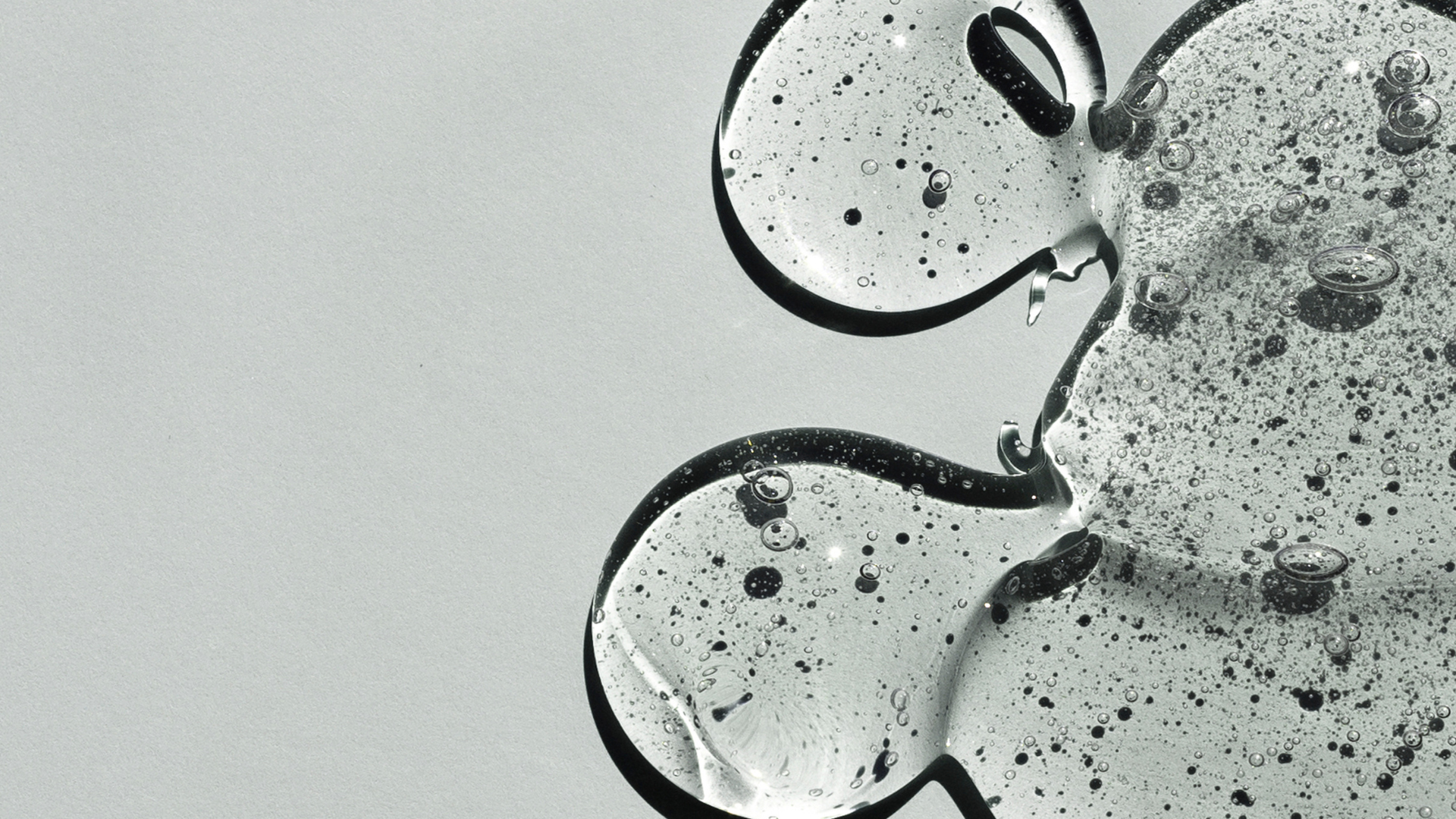The European Commission has approved the amendment of regulation (EC) 1223/2009 which includes formulation instructions with retinol. Now, the European Union has ruled in favour of setting strict limits for the use of vitamin A, specifically in the forms of retinol, retinyl acetate and retinyl palmitate in cosmetic products. This decision is based on a revised scientific opinion issued by the Scientific Committee on Consumer Safety (SCCS) on 24-25 October 2022, which assessed the risks and benefits of vitamin A use in the cosmetics industry.
According to the new guidelines, the concentration of these substances should not exceed 0.05% retinol equivalent (RE) in body lotions and 0.3% RE in other cosmetic products, both rinse-off and leave-on. This limit was set after identifying that, although the contribution of cosmetic products to overall vitamin A exposure is low, there is significant concern for those consumers who already obtain high levels of vitamin A from food sources and supplements, particularly the 5% of the population with the highest exposure.
The Commission has also highlighted the need to include specific warnings on the labelling of cosmetic products containing retinol and its derivatives, alerting consumers to the risk of over-exposure to vitamin A. The products concerned will have to bear the inscription: "This product contains vitamin A. Please consider your daily intake before use".
Brussels has also set longer transition periods to allow the cosmetics industry to adjust to these new regulations without incurring disproportionate financial and environmental costs, as no immediate health risks have been identified with the current use concentrations of these substances in products available on the market. These changes will come into effect from 1 May 2025, providing sufficient time for manufacturers to reformulate their products if necessary, although some cosmetics manufacturers have moved ahead and opted to use retinal in their formulations, a substance for which no clear criteria have yet been established as in the case of retinol.
Concentrations of Alpha-Arbutin and Arbutin are also limited
In the same document, the European Commission has also announced limitations on two substances used in cosmetic products: Alpha-Arbutin and Arbutin. Both are used to whiten and condition the skin and, although the EC has concluded that they are safe for consumer health, it has set a maximum concentration of these substances for use in cosmetic products. On the one hand, up to 2% concentration may be used in face creams and up to 0.5% in Alpha-Arbutin body lotions. The percentage rises to 7% for Arbutin face creams.
